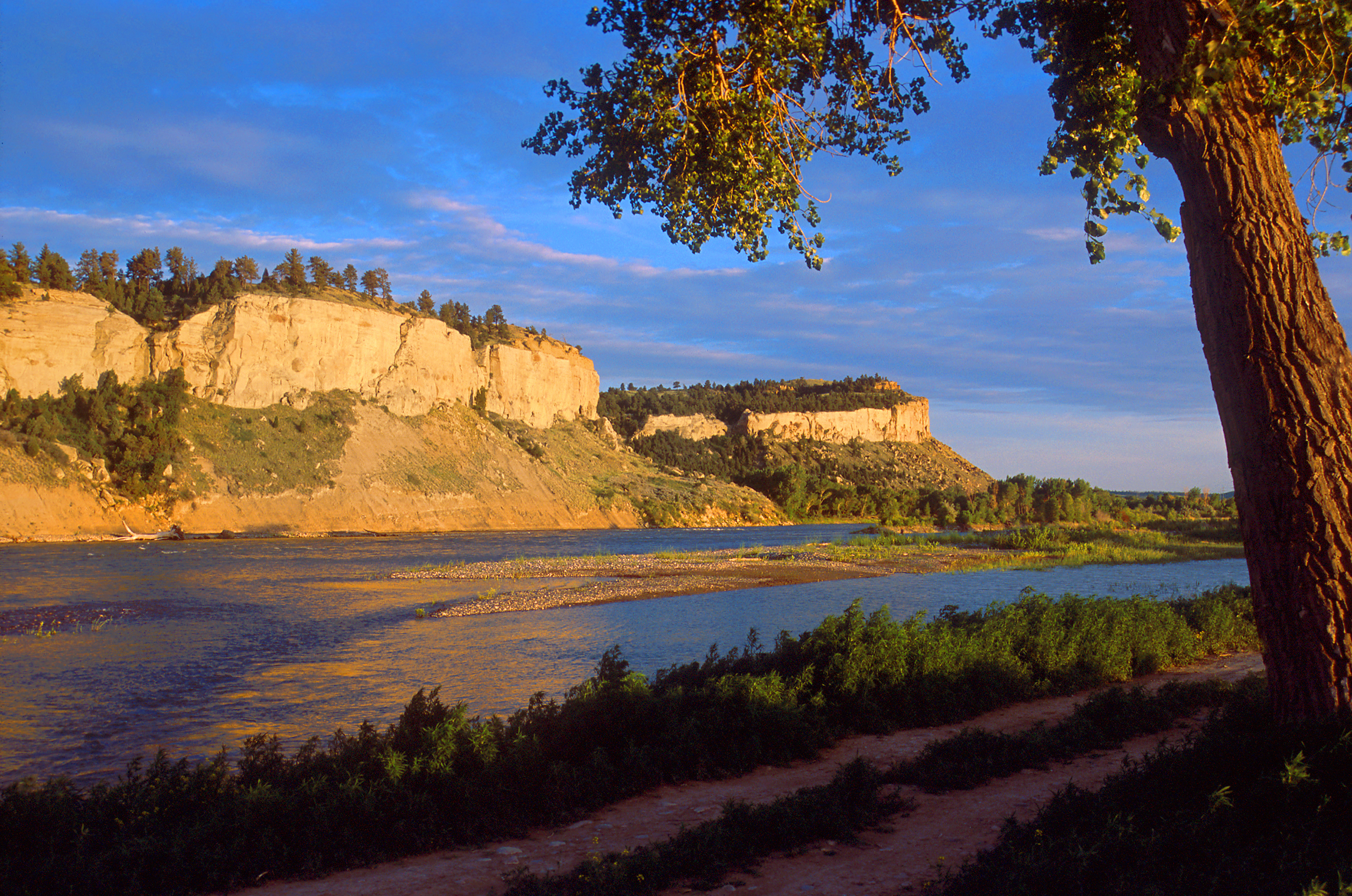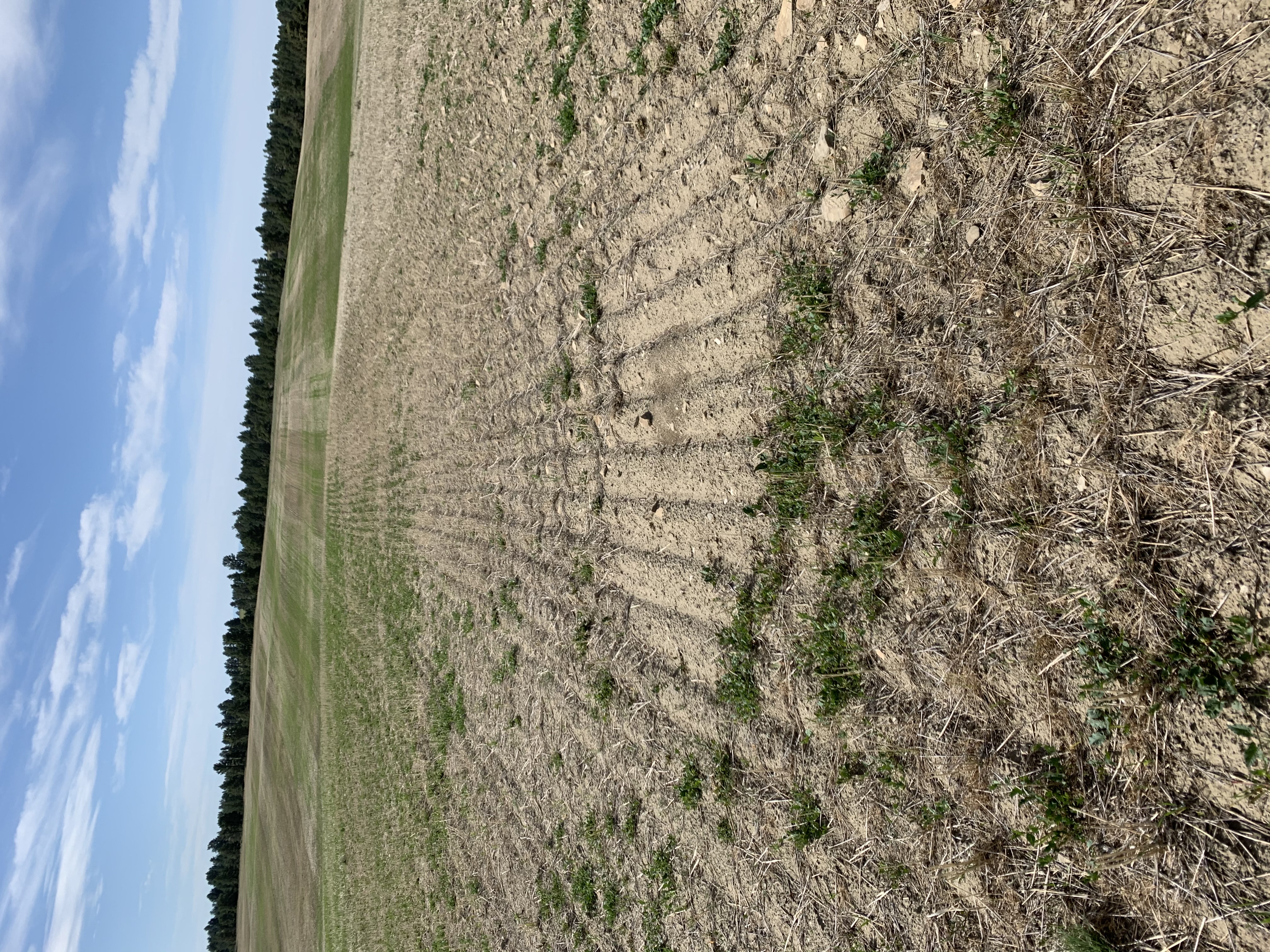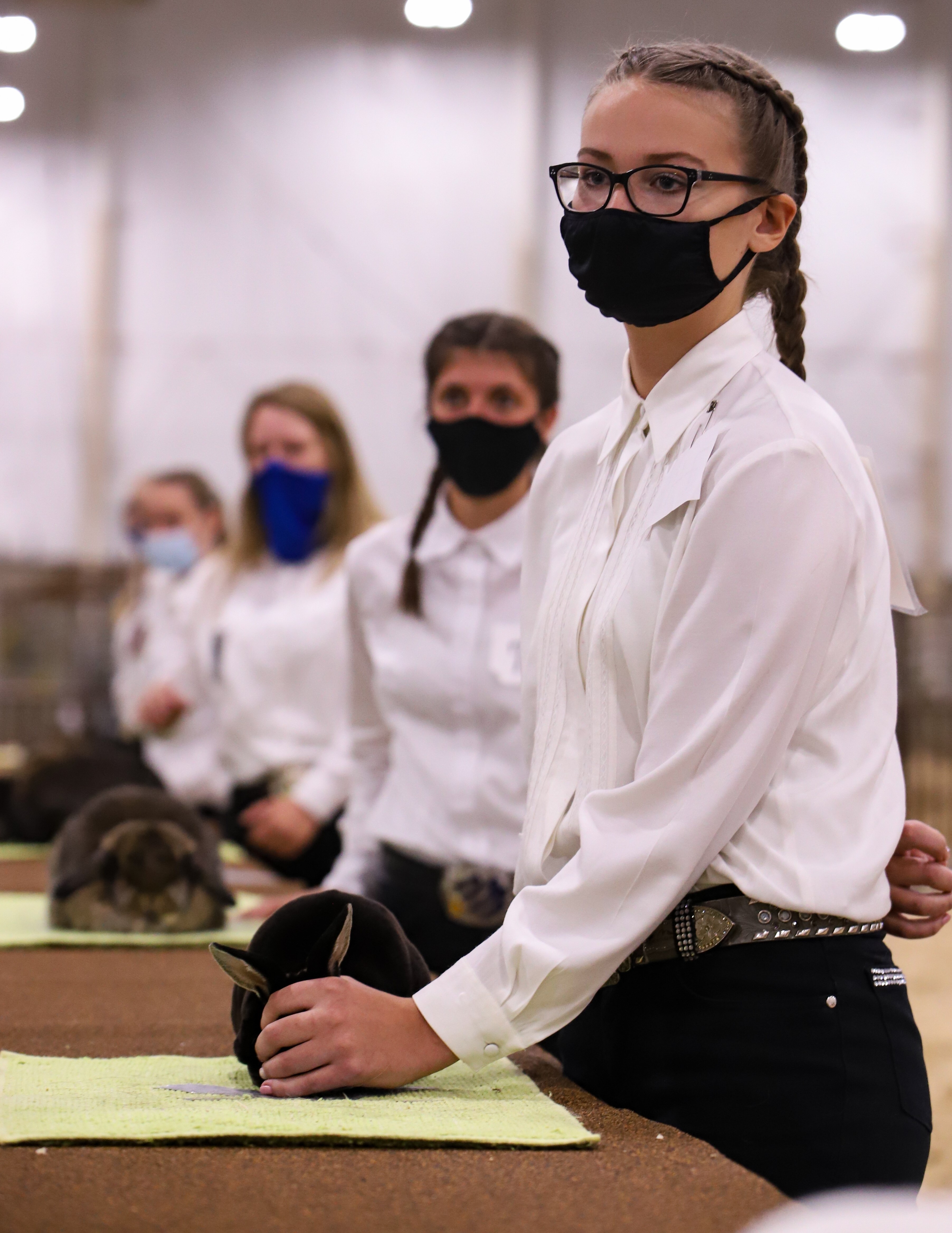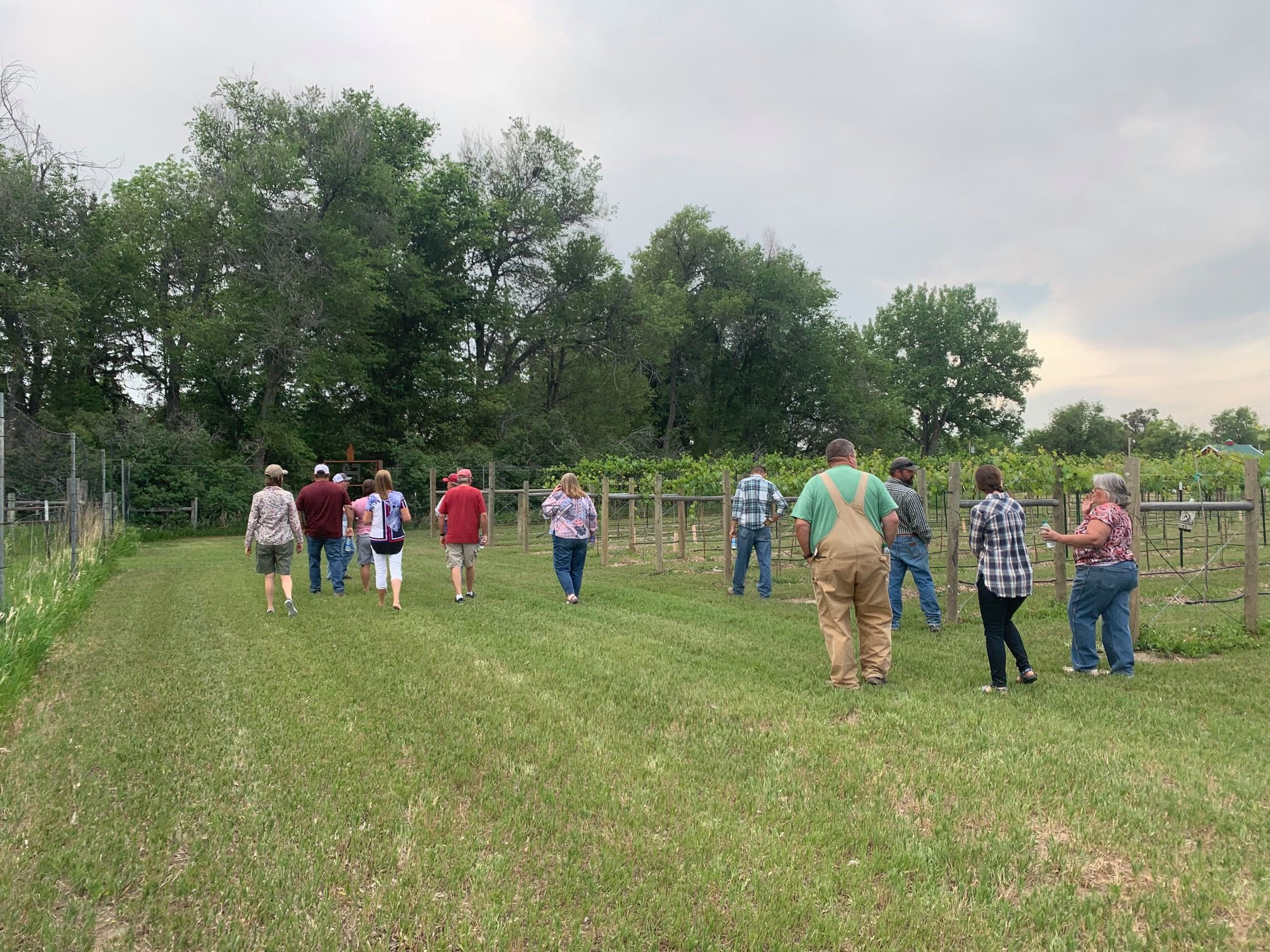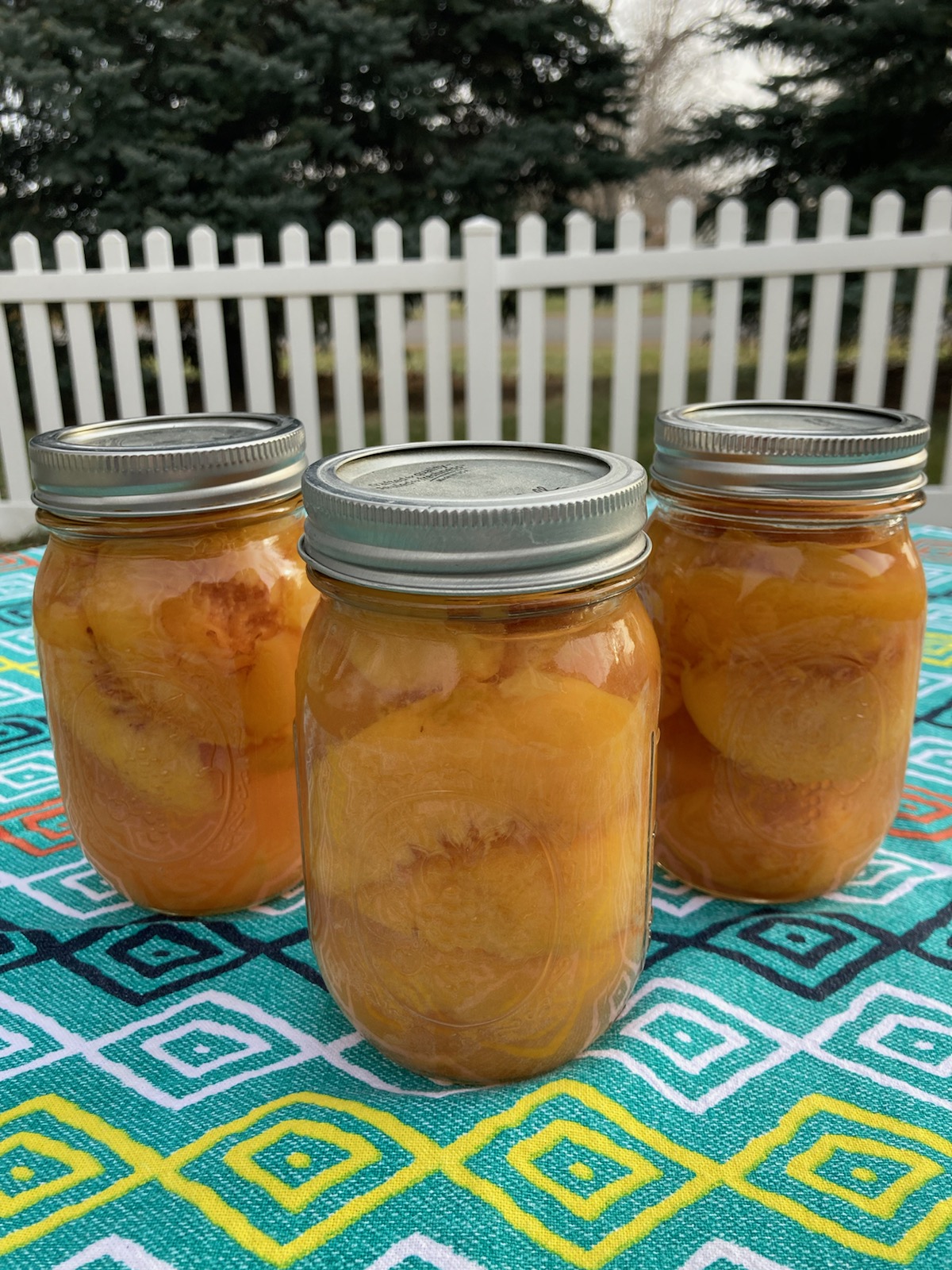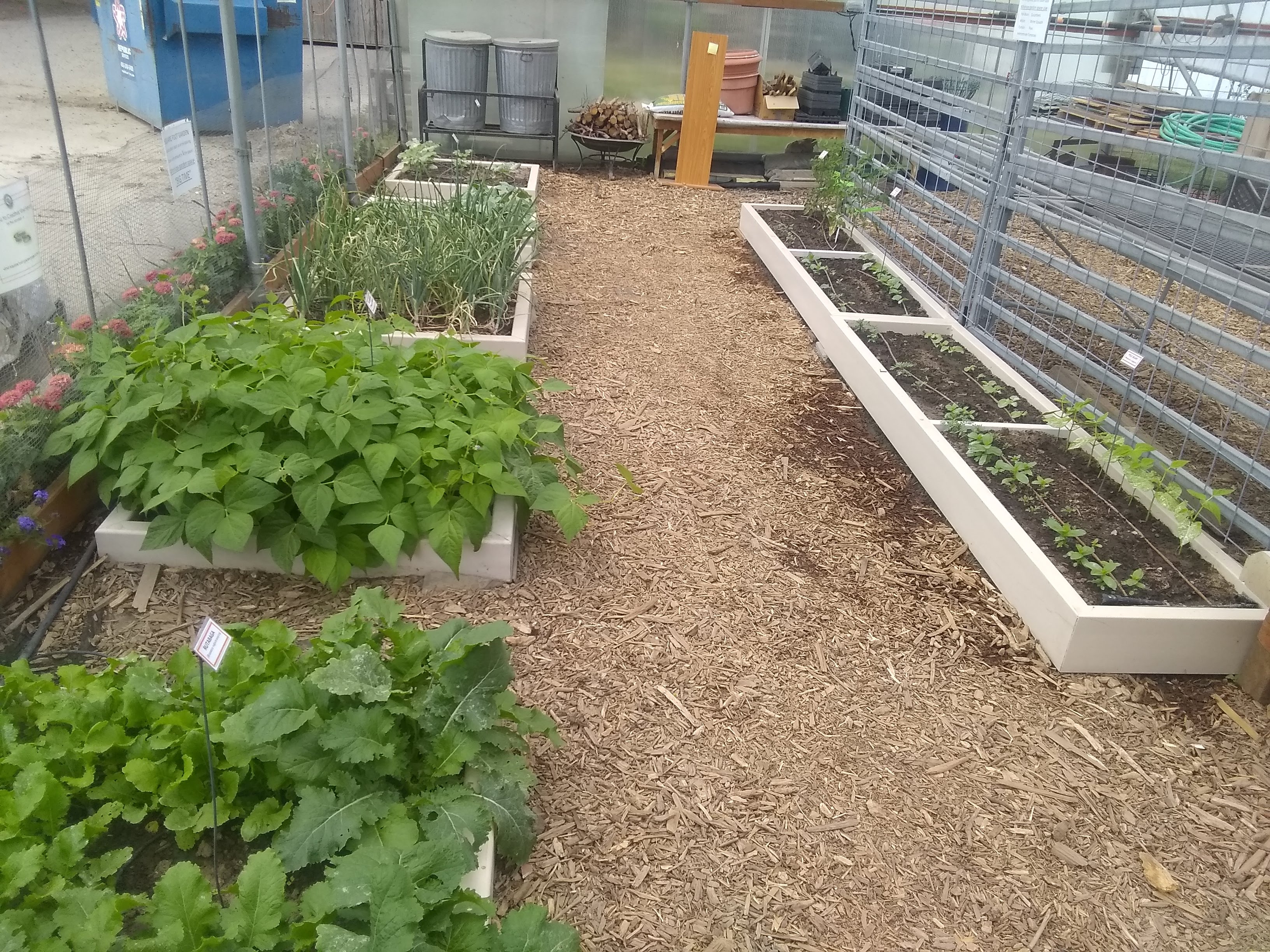
Yellowstone County
Welcome to Yellowstone County
Published: 2020By Callie Cooley
Ag Site Visits Benefit Producers
Published: 2020By Callie Cooley
From February to October, 32 site visits and 10 field inspections were completed. The numbers represent approximately 874 cropland acres, 350 rangeland acres, and nearly 800 cattle positively impacted as a result of consulting with MSU Extension. Producers sought assistance for a wide array of issues including pasture renovation, rodent management, weed control, crop emergence issues, and animal health struggles.
One consultation with a producer led to a winter tetany diagnosis with his steer calves. The problem was determined through hay testing and a feed analysis. By working with MSU Extension to find a solution, the producer saved thousands of dollars due to halted death loss. With the loss estimated at $950/steer and the potential to affect 150 steers, the economic impact was significant.
Specific to field inspections, in 2020, 274 acres were inspected and certified as noxious weed seed free compared to 56 acres in 2019. As a result, approximately 845,000 pounds of straw and 211,000 pounds of hay used for things including highway reclamation projects and use on public lands, will not contribute to the spread of noxious weeds. Noxious weeds can quickly displace native vegetation, which impacts producers by forcing them to expend time and money on weed control or by forage loss alone.
MontanaFair 2020: The Year 4-H Rolled with It
Published: 2020By Roni Baker
Although fair is one of the most recognizable events of the 4-H year, it is truly a culmination of the entire year. The fair gives 4-H members the opportunity to practice their skills of leadership, communication, teamwork, self-discipline and sportsmanship.
In 2020, Yellowstone County 4-H and MontanaFair partnered to offer an unforgettable experience for the 80% of 4-H program youth who participated. An overwhelming majority of youth surveyed who participated in MontanaFair rated skills of flexibility and adaptability very high. Post-fair survey results were positive with comments demonstrating life skills learned such as: - “I learned to plan for the unexpected and keep communication in a positive direction.” - “The skills I learned at fair this year taught me that life doesn’t always go as planned and sometimes you have to find a new way.”
Whether selecting and raising high-quality animals, capturing great photos or building robots, members continued to work on their projects throughout the year. Many said that the extra time at home allowed them to learn even more and spend more time on the projects. Regardless of the pandemic, the youth in 4-H continue to learn by doing, work hard, share their accomplishments with peers, and educate others.
Ripening Eastern Montana: The ABCs of Fruit Production
Published: 2020By Callie Cooley
Overall interest in the webinar series was high, with Facebook data alone verifying need. Three pre-program advertising posts reached over 4,500 Facebook users resulting in 406 engagements. Furthermore, the program’s turnout and impact were successful. Fifty-eight individuals from seven Montana counties participated in the webinars and 17 attended the FBar3 Vineyard tour in Laurel. Of those who attended, 100% rated the workshop content as either moderately useful or very useful, and 94% indicated they were very likely to make management changes based on the information learned.
A participant who attended all four webinars stated that the class not only helped him identify goals for his business, but the pest management information learned would likely save him $1,100 per year.
Back to the Basics During Not So Basic Times
Published: 2020By Jackie Rumph
Food preservation prevents food spoilage and extends the consumable life of produce. Feeling confident in following food preservation standards is a primary goal of food preservation education. Food preservation provides a sense of safety and stability for consumers. Statistics show those who have been properly trained in food preservation are more likely to follow up-to-date recipes, thus maintaining food quality and safety. Pre-pandemic, food preservation was making a comeback due to the trend towards local production becoming popular with younger generations. Panic associated with empty grocery store shelves, coupled with idle time during the stay-at-home directive, led many community members to rely on the knowledge of the MSU Extension FCS agent. Clientele began calling as early as March and April. The Yellowstone County office fielded triple the preservation calls from previous years. This focus on preservation continued into the fall, with more pressure gauges being tested in 2020 than in any other year.
Recognizing the need for food preservation information, MSU Extension partnered with Billings Parks and Recreation to offer a pandemic-compliant outdoor food preservation basics class with community gardeners. Class attendees successfully learned how to process food safely, with some stating they would try canning for the first time ever this year.
Master Gardener Program Progresses Despite COVID-19
Published: 2020By Amy Grandpre
COVID-19 also affected our typical summer Master Gardener activities. Our biggest event ever, the State Master Gardener Celebration that Yellowstone County was selected to host, was cancelled.
One bright spot was that the major portion of our projects carried on, as they are garden-centered and naturally provide the perfect social distancing opportunity. Progress continued in both the Education Center Greenhouse and the Square Foot Demonstration Garden located at MetraPark. A new growing area was installed in the Education Center Greenhouse, consisting of a 2’ x 32’ growing bed, sided with trellis, to demonstrate the space saving technique of upright gardening. In the Square Foot Demonstration Garden, a rock garden was installed along the front entry way, including four benches to provide a place to sit and enjoy the garden. The area was planted with a generous mix of xeriscape plants to highlight how these tough, drought tolerant, native varieties can thrive and survive the challenge of living next to a blacktop parking area.
For the 68,000 attendees who visited the 2020 MontanaFair, some nice updates and educational opportunities were in place to enjoy.


